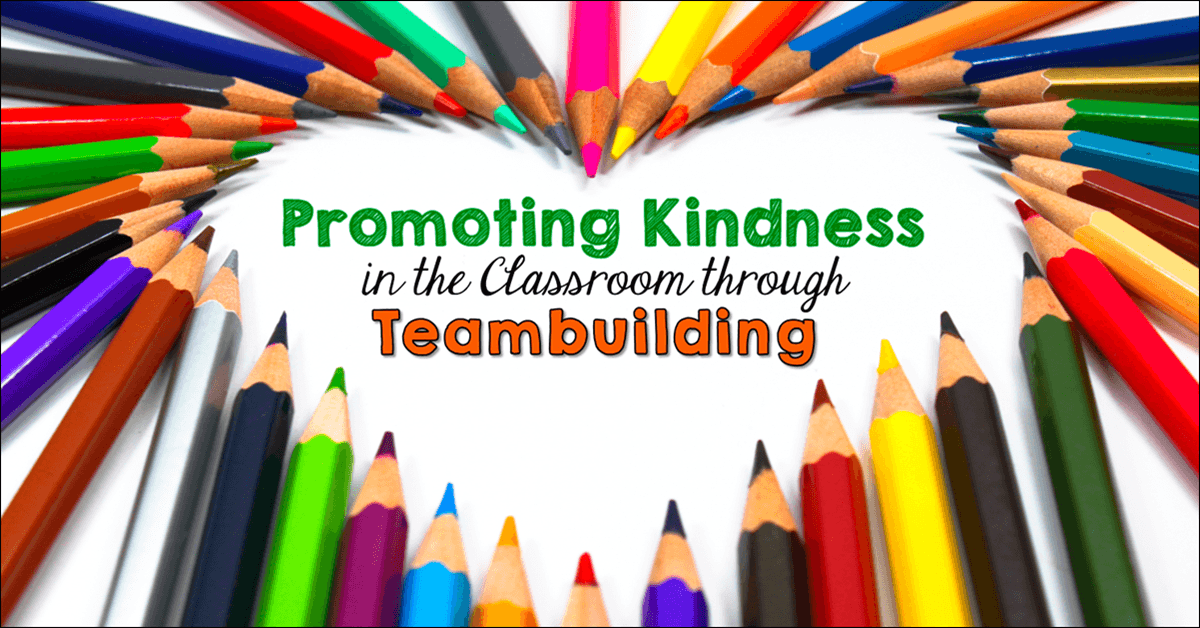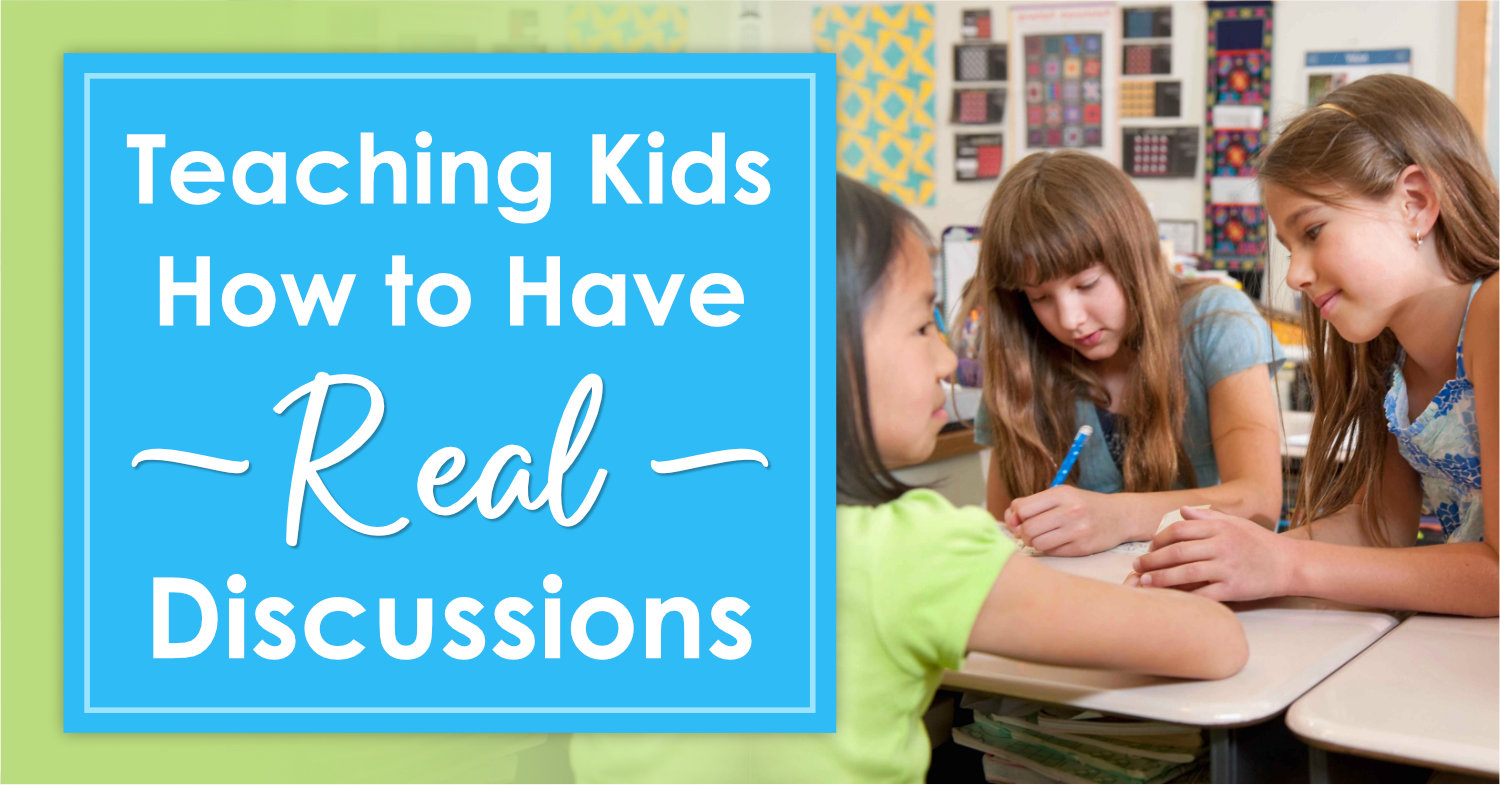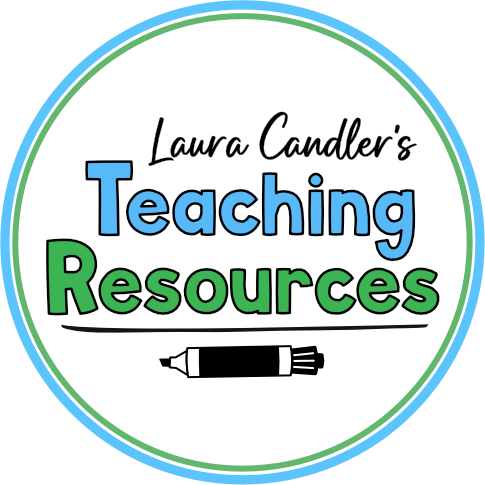My first year of teaching was extremely challenging, but I learned from my mistakes and persevered. I’ve now been teaching for over 30 years, and I love this profession! That’s why I want to share a few tips that might help new teachers avoid some of the problems I experienced.

My First Year of Teaching
Before I share those tips, let me tell you a little about that first year. One problem was that I happened to have a very difficult group of 6th grade students. In fact, these kids were so rough that teachers told me years later they didn’t know how I survived the experience. I know I cried more that year than I had ever cried before – not in front of the kids of course, but the tears would flow as soon as they left! My stomach stayed in knots, and I was an absolute wreck that year. Sometimes I just didn’t think I could go back into that classroom another day.
I wish I could blame those students for the difficulties I encountered, but I believe I would have struggled quite a bit even if my first students had not been so challenging. I didn’t know how to be friendly without trying to be friends with my students, and I wasn’t very consistent in my approach.
However, I’m a survivor and I was determined to do my best and stick it out. Everyone told me that the 2nd year would be so much better, and they were right. By my 3rd year everything fell place and I began to love teaching. The rest is history!
5 Tips for New Teachers
- Believe in yourself and believe in your students.
You may make mistakes at first, but you have to believe in your ability to recover and move forward. Don’t let a few mistakes derail you from a wonderful career! It’s just as important to believe in your students and expect the best from them. Create a caring classroom where bullying is not tolerated and students know that you will hold them to high standards of behavior and academic success. Visit the Caring Classroom page on Teaching Resources for some tips and strategies. - Know that you are not alone.
If you don’t have a mentor, or your assigned mentor is not that helpful, find a new one. Believe me, schools are full of caring people! Who would go into a profession where you have to work so hard for so little pay if they didn’t care! There are also great internet discussion groups and other communities that can help you and support you. - Be friendly with your students, but don’t try to befriend them.
I had a really hard time with this one because I never liked authority (big surprise!) and felt that I should listen to my students’ opinions. But I learned that whether I liked it or not, I was the authority in the classroom and I needed to take charge. That didn’t mean being a dictator, but it did mean sometimes making decisions that weren’t popular with my kids. So be open to your students’ suggestions as long as they express them in a respectful manner, but never hesitate to make the decisions that you feel are best. - Remember that being fair doesn’t always mean treating every student exactly the same.
I really had a lot of trouble with this one, too. My students quickly figured out that the best way to get to me was was to say, “That’s not fair!” Then they would very cleverly point out how unfair it was, and being a fair-minded person, I would try to listen and try to explain why I was being fair. Big mistake! I finally learned to say, “I try to treat everyone in a fair manner, but if you don’t agree with me, why don’t you write me a letter and tell me why you don’t think it’s fair?” It diffused the issue and let me regain control of the situation. It also gave them a chance to write down what they didn’t think was fair. If I later realized that I was at fault, I apologized and we worked it out. - Plan, plan, plan!
My first year teaching I planned everything I said and did with great care, sometimes even writing out a script for how I wanted to explain a science experiment or teach a lesson. I had my materials ready the night before, my activity pages were duplicated and ready to go, and it worked. The minute you have to go scrambling through your cabinets for materials, you lose your students’ attention as well as valuable class time. Planning gets easier as time goes on, but it’s still an important, even if you have been teaching many years.
If this is your first year of teaching and you follow these tips, you should avoid many of the problems I experienced. Teaching is one of the most rewarding professions you could hope to have, and it’s one of the few where you know each and every day that you are making a difference! If you’re not a new teacher, what is your advice for newbies?







